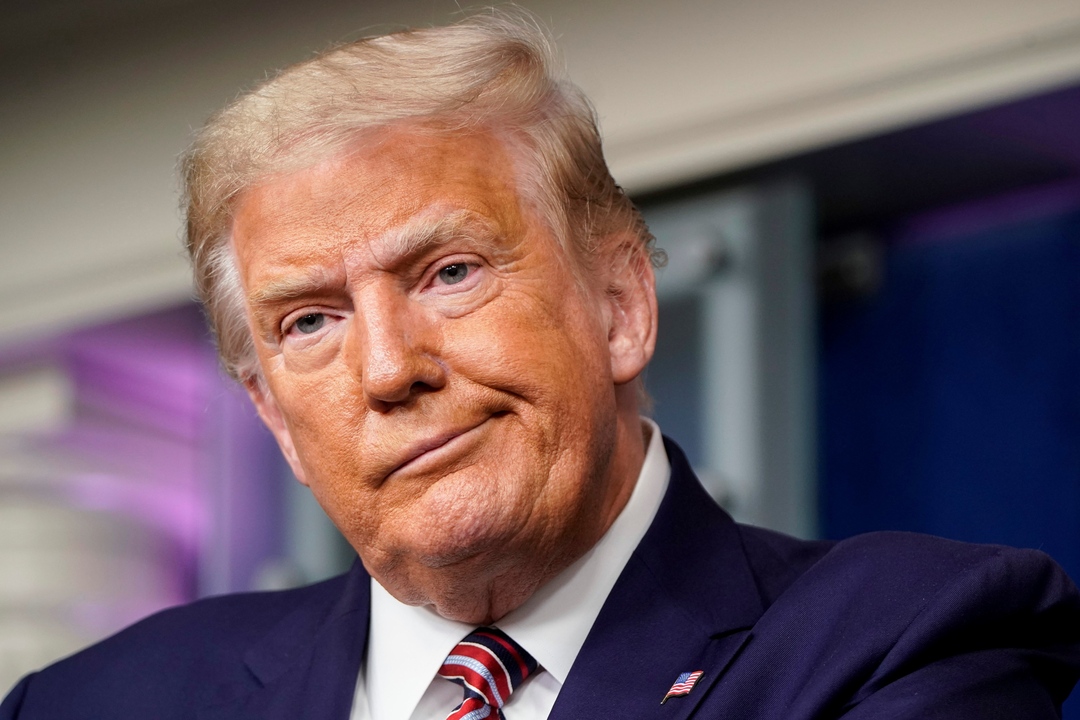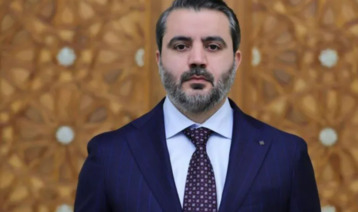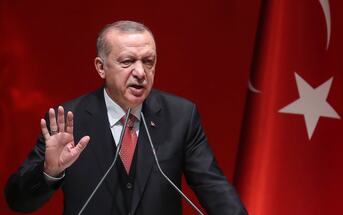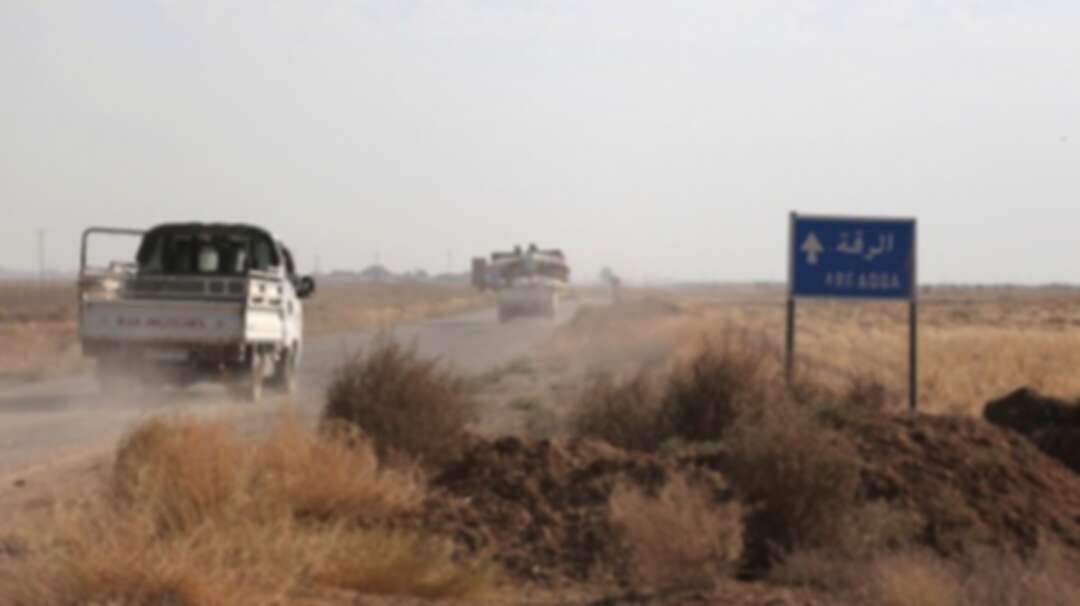-
Trump Stirs Controversy with Comments on Immigrants' "Bad Genes".. White House Condemns
-
Trump's controversial statements reflect his continued approach of using anti-immigration rhetoric as a political tool, which may fuel social tensions and deepen divisions in American society

Republican presidential candidate Donald Trump has sparked a new wave of controversy and criticism with his recent statements about irregular immigrants. During a radio interview with host Hugh Hewitt, Trump claimed that some immigrants bring "bad genes" to the United States.
In his controversial remarks, Trump said: "You know, I believe killing is in their genes. We currently have a lot of bad genes in our country." He added, claiming there are "425,000 people who are criminals who came to our country and shouldn't have entered," and alleged that there are 13,000 immigrant killers living "happily in the United States."
The White House was quick to strongly condemn Trump's statements. White House spokesperson Karine Jean-Pierre described these statements as "abhorrent, disgusting, inappropriate, and have no place in our country." She added that the current administration "will continue to strongly reject this kind of vile rhetoric."
It appears that Trump may have misinterpreted data released by the U.S. Immigration and Customs Enforcement Agency last September. The numbers he referred to are actually an accumulation over decades, including his presidency (2017-2021).
In this context, political analyst Richard Hanania, head of the Center for Partisan and Ideological Studies, commented: "I don't usually defend Trump's statements, and here he's telling the lie about 13,000 released killers." However, Hanania added that the Republican candidate "is right that crime is largely hereditary," which sparked more controversy around these statements.
Trump's comments came in the context of his criticism of his Democratic rival, Vice President Kamala Harris. Last month, he accused the Joe Biden administration of bringing "child molesters and rapists (...) from all over the world" into the United States, without providing evidence to support these claims.
Observers see these statements as reflecting Trump's continued approach of using anti-immigration rhetoric as a political tool, especially as the presidential election approaches. Some warn that such statements may fuel social tensions and deepen divisions in American society.
These discussions about "genes" and "hereditary crime" also raise concerns about the return of old racist ideas to American political discourse. Experts call for the need to deal cautiously with such statements and refute them scientifically and ethically.
In light of this escalating controversy, it seems that the issue of immigration will remain a central focus in upcoming election campaigns, which may affect future U.S. policies and its image on the international stage. The question remains about how American society and political institutions will deal with such controversial rhetoric in the future.
Levant-Agencies
You May Also Like
Popular Posts
Caricature
Syrians' concerns now
- December 10, 2024
Syrians' concerns now #Syria
#Bashar_al-Assad
#Liberation_of_Syria
#Syrians
#Future_of_Syria
#Levant_News

opinion
Report
ads
Newsletter
Subscribe to our mailing list to get the new updates!





















